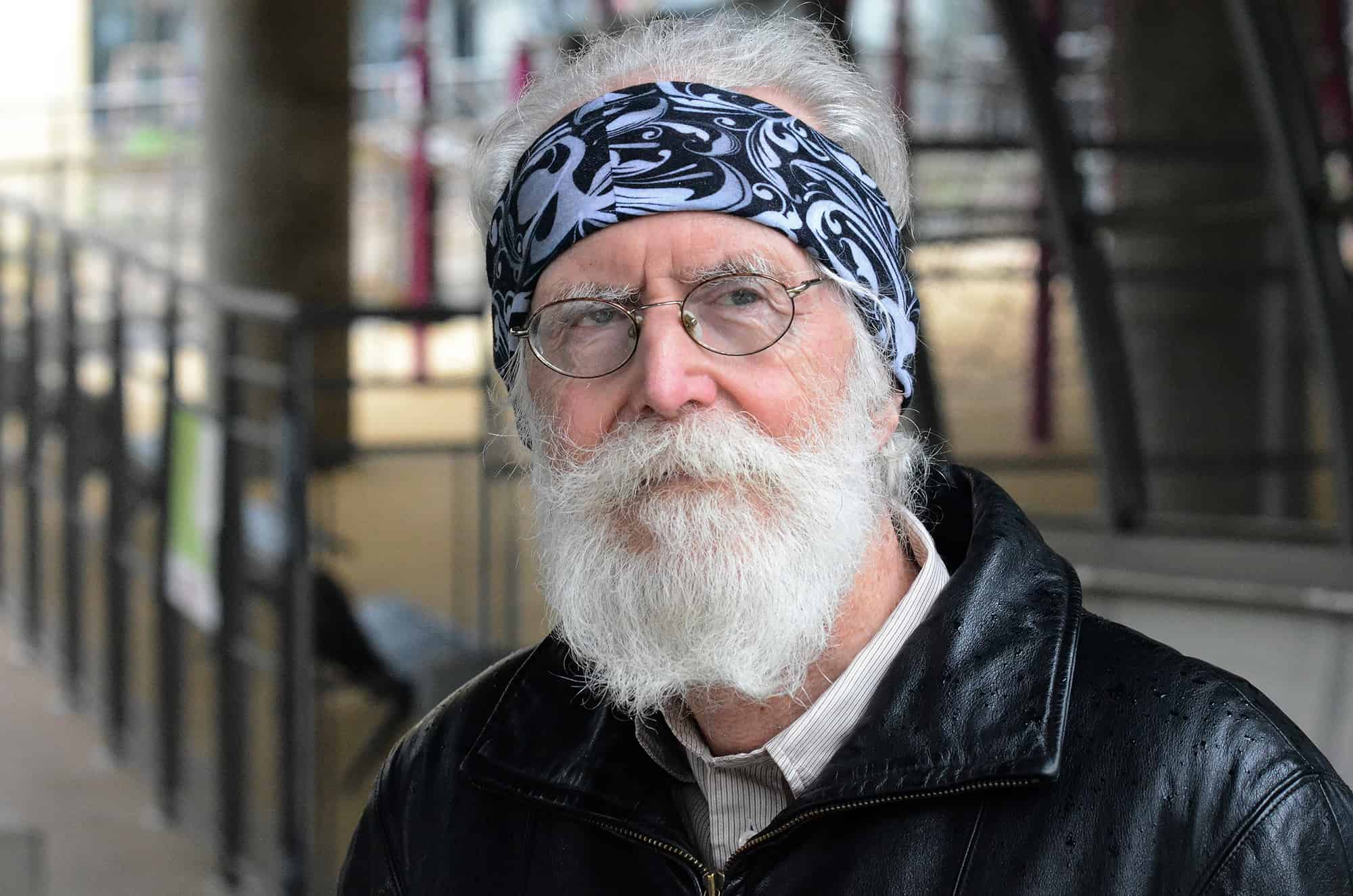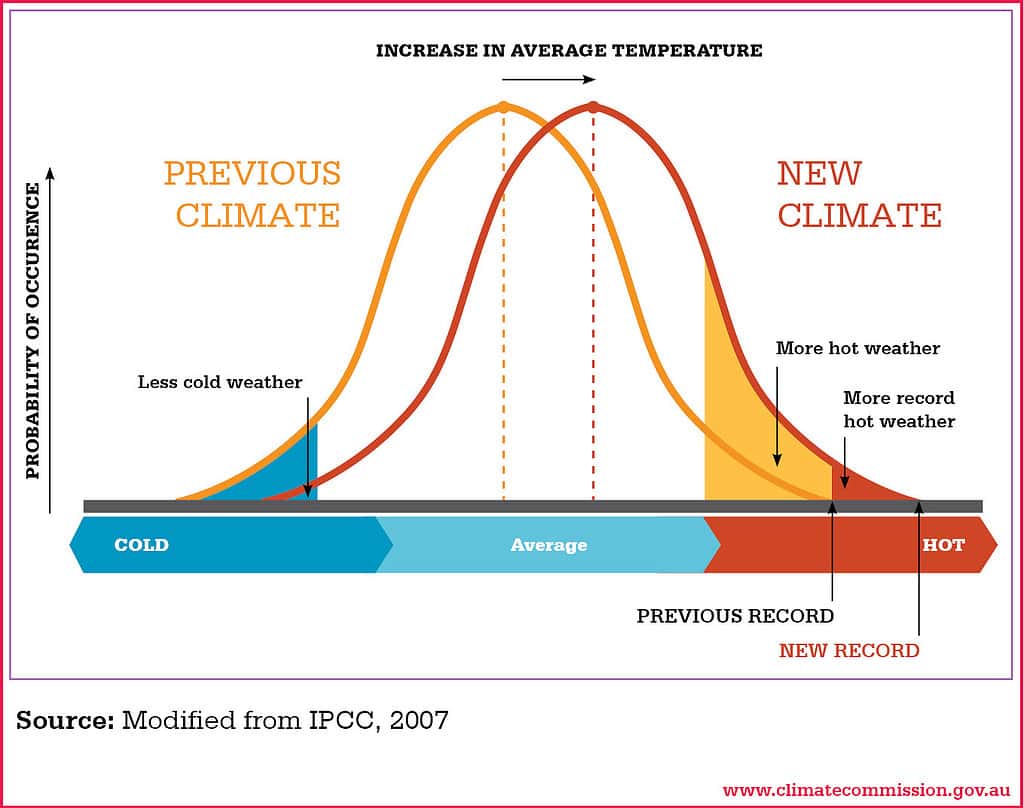
Michel Talagrand has been awarded the 2024 Abel Prize, one of the most prestigious awards in mathematics, for “his groundbreaking contributions to probability theory and functional analysis, with outstanding applications in mathematical physics and statistics.”
His work, deeply rooted in understanding the nuances of random processes that shape our world, has impacted fields ranging from weather forecasting to large language models.
We tend to think of mathematics as dealing with things that are clear, fixed, and immutable; but nature is full of random phenomena (or things that, for all practical purposes, seem random). So how do you deal with those?
This is where Talagrand comes in. Much of Talagrand’s work deals with Gaussian distribution—a fundamental concept known to many as the “normal distribution” or the “bell curve”— a probability distribution that describes how values of a variable are distributed around the mean.
Take people’s height, for instance. Most people would have a height that’s close to the mean. The farther you go from this mean (both in higher and lower height), the fewer people you’ll find. There are very few people who are very tall or very short in a given population.
This probability distribution is remarkably widespread. In fact, it’s so widespread that you can use it to study the profound impact of randomness on our daily lives, from the weight of newborns to fundamental physical phenomena.


In particular, Talagrand’s celebrated work revolves around three aspects.
- Suprema of Stochastic Processes: By analyzing stochastic processes—those generating sequences of random values—Talagrand has given us tools to predict the largest expected value in a specific dataset. For example, this can refer to the maximum expected height or, more importantly, the biggest wave or flood that is expected to hit a place.
- Concentration of Measures: Talagrand has demonstrated that multiple random factors can, counterintuitively, produce more predictable outcomes through their interaction. One single random event is random, but multiple random events may reveal a pattern. He developed ways to produce quantitative estimates for this phenomenon with profound implications across various fields.
- Spin Glass Theory: Talagrand’s work extended beyond mathematical theory and onto physics. Specifically, spin glass is a magnetic state characterized by randomness, and Talagrand’s work completed the proof of Giorgio Parisi’s Nobel Prize-winning work.
“Get rich with my problems”
Talagrand was born in France. He’s the Research Director at CNRS, France’s largest governmental research organization, since 1985. He is also a member of the Academy of Sciences in Paris. But it wasn’t smooth sailing for him.
At age five he lost an eye due to a genetic illness. Ten years later, his other eye was at risk. This not only caused enormous stress and concern, but also led him to miss school for half a year. The fear of going blind pushed him to work hard, and it is during this period that he discovered his fondness for mathematics and physics.
Talagrand is an exceptionally prolific mathematician whose work seems rooted in a quest for uncovering and understanding problems down to their most fundamental level. This is also exemplified on his website.
His website lists several unsolved problems for which he offers prizes from his own money. Talagrand’s website lists combinatorics and convexity problems and he offers cash prizes ranging from $1000 to $5000 for solving his problems. He’s good for it as highlighted by one of the people who solved one of the problems and was rewarded.
His fondness for solving problems is part of what led him down the path that ultimately brought him the prestigious award.
“Talagrand is an exceptional mathematician, and a formidable problem solver. He has made profound contributions to our understanding of random, and in particular, Gaussian, processes. His work has reshaped several areas of probability theory. Furthermore, his proof of the celebrated Parisi formula for free energy of spin glasses is an amazing accomplishment,” says Professor Helge Holden, chair of the Abel Prize Committee.
His approach is also atypical of mathematics. Most leading mathematicians focus on big problems — But Talagrand doesn’t mind studying small problems which he then uses as stepping stones to further significant discoveries.
“It helps to be humble and to start by understanding fully the simple situations,” he says. “When working on a conjecture I also found it helpful to alternatively try to prove it and try to disprove it. The progress comes by jumps, much like matching two pieces of a puzzle. This is nearly instantaneous. Now you see it, and the moment before you did not. After such progress, you may have a much clearer vision of the problem.”
Talagrand has also stated that he only works on problems he likes, which has led his research to diverse paths and has proven to be a rewarding strategy.
“Talagrand is an outstanding and highly productive mathematician whose work has transformed probability theory, functional analysis and statistics. He has had an enormous impact on mathematics and its applications,” says Lise Øvreås, president of the Norwegian Academy of Science and Letters, whose members select the Abel laureates.
Along with the praise and accolades, the Abel Prizes also comes with a monetary award of around $700,000. The award ceremony will take place in Oslo on 21 May 2024.
Thanks for your feedback!


